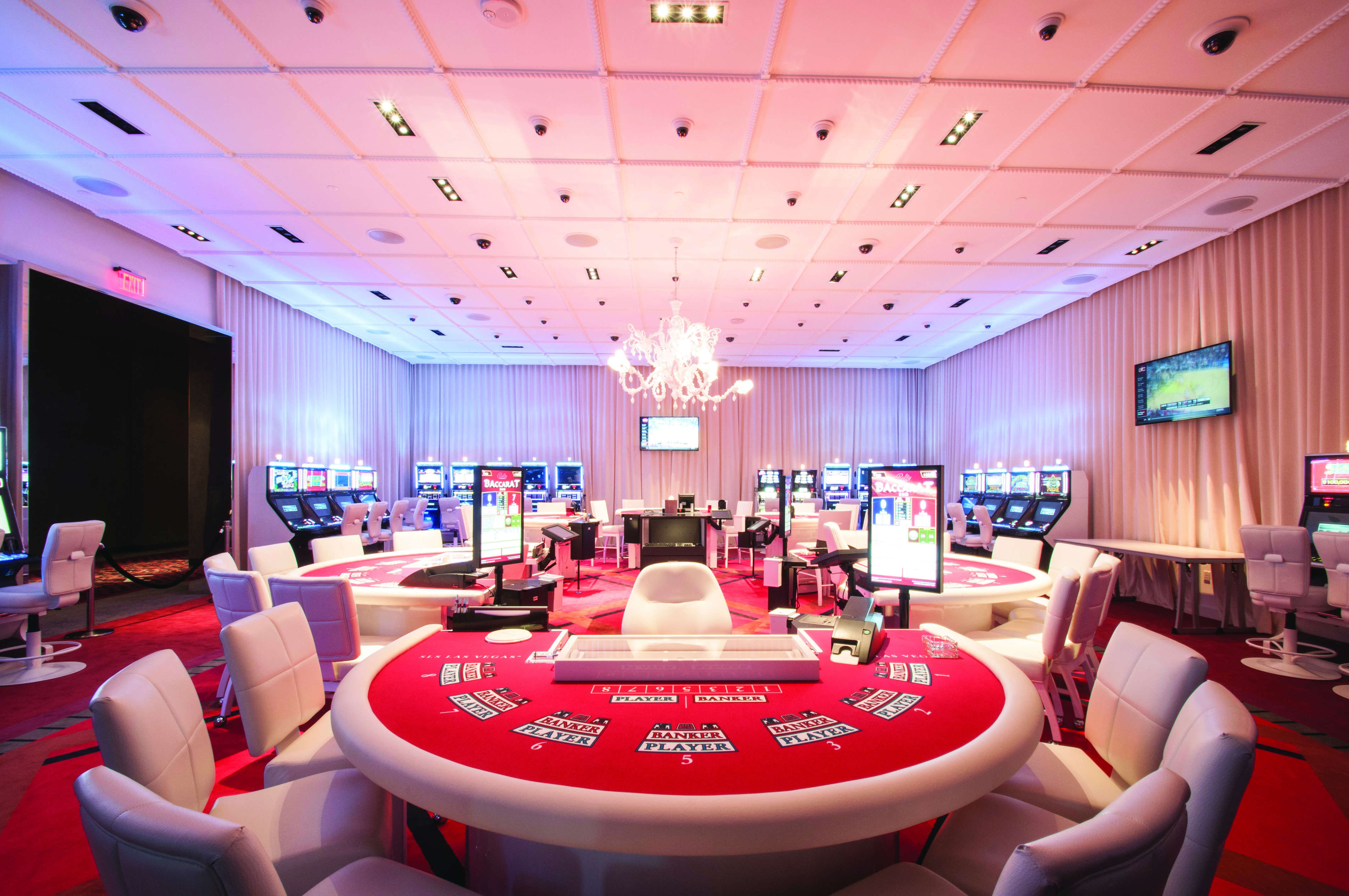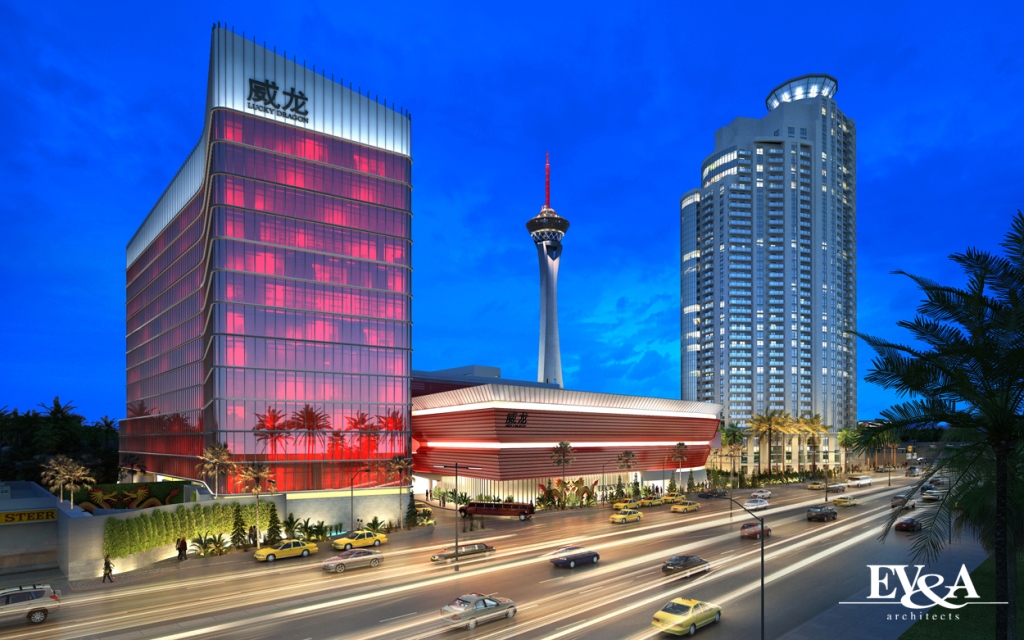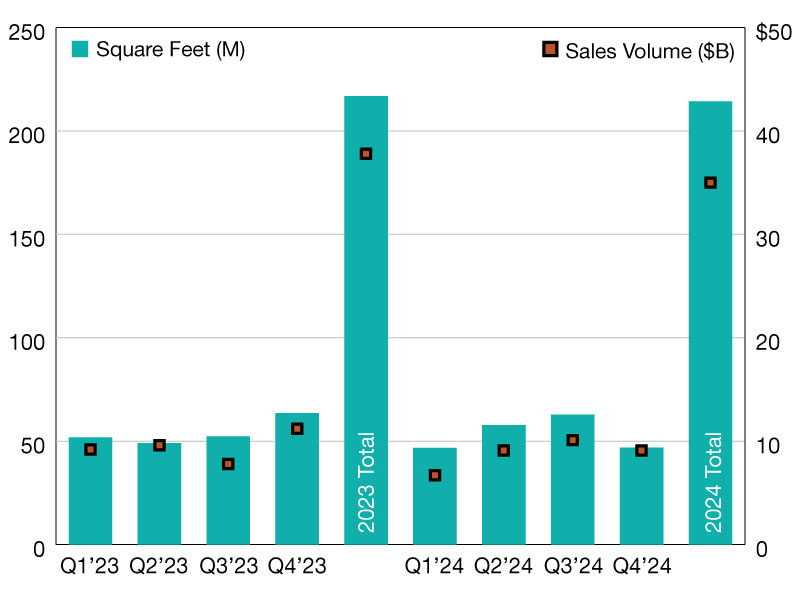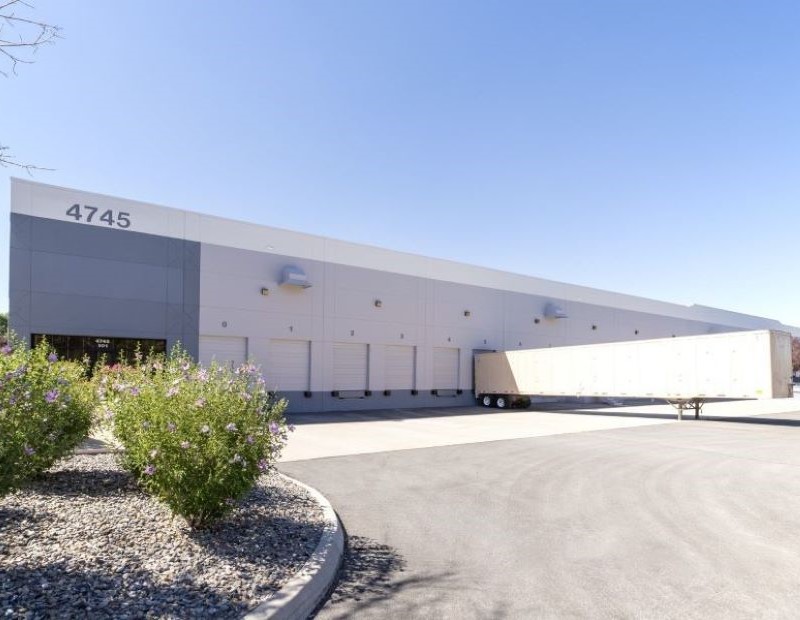July Issue: Trend—Casinos are On A Roll!
As the economy goes, so goes the gaming industry.

The PENTA Building Group’s recent completion of the SLS Hotel and Casino is part of the North Strip resurgence occurring in Vegas.
By Anna Spiewak, Senior News Editor
As the economy goes, so goes the gaming industry.
And now that the post-recession economy has picked itself up and dusted itself off, casino development is venturing back out onto the field. As a sampling of recent project completions and development plans shows, a surprisingly diverse group of markets are looking to get in on the action:
■ Hard Rock International and Meadowlands Racetrack are proposing a $1 billion casino in East Rutherford, N.J.
■ Last year, Hard Rock announced plans for a casino project on the Hudson River, in Rensselaer, N.Y.
■ MGM Resorts International broke ground this spring on an $800 million casino in Springfield, Mass.
■ Horseshoe Casino Baltimore opened last year with a 335,000-square-foot facility.
■ Gaming areas are expanding on Native American tribal land in Oklahoma, Arizona and Southern California.
■ And in the nation’s gaming capital, Malaysia-based Genting Berhad broke ground May 5 on Resorts World Las Vegas, a proposed $4 bllion Chinese-themed resort that will include some 3,000 guest rooms.
“Gaming has always been pitched as either a new tax base or economic development,” Brent Pirosch, director of gaming consulting for CBRE’s Global Gaming Group, told Commercial Property Executive.
According to Pirosch, what started in the 1990s as riverboats in smaller, impoverished towns to generate income post-recession is now migrating toward major metropolitan areas. A case in point is a project that casino and hotel mogul Steve Wynn is developing in Everett, Mass., a Boston suburb.
“Massachusetts, like many other states throughout the nation, has begun to realize the positive economic impact casino development can have on its local economy,” Julie Brinkerhoff-Jacobs, president of Lifescapes International, the project’s Newport Beach, Calif.-based landscape architect told CPE. “A casino development can increase employment and revenue for the state, as well as improve the overall vitality of the area, which is a major contributing factor to the increase in casino development.”
The recession hit casino development on the Las Vegas Strip particularly hard, especially as many other states took steps to expand legal gaming. But the city’s gaming industry has rebounded since 2010, and revenues reached $6.5 billion in 2013, according to Forbes. This has led to a steady rise in revenue for such leading players as Wynn Resorts, Las Vegas Sands and MGM Resorts.

North Strip’s Lucky Dragon Hotel
& Casino is one of the projects The PENTA Group currently has in the pipeline, slated to open in
early 2016.
The PENTA Building Group is currently working on a project on the Strip called Lucky Dragon Hotel & Casino, which is slated to open at the end of the first quarter of 2016. The Las Vegas-based company currently has half a dozen resort and casino development projects in the pipeline.
“My work is driven to a huge extent by public perception on the state of the economy. So people in general have to be feeling positive about their personal-income state,” said Glen Maxwell, vice president of preconstruction at The PENTA Building Group.
Mark Capasso, executive director of Cushman & Wakefield’s Hospitality and Gaming Group, takes a more conservative view of the Nevada market.
“Las Vegas is still absorbing the new supply that came during the last run-up, and it was considerable,” he said. “The Vegas market is showing more strength, but it’s uneven at the moment. It’s still waiting for the domestic market to come back strongly, because after the recession it fell quite a bit.”
Whatever its ups and downs, though, Las Vegas retains its long stature as a world capital of gaming is undisputed. “You have 40 million visitors a year here; it’s probably on its way to 45 million in the next five to six years,” Pirosch added.
Changing Nature
Gaming industry insiders agree that the casino marketplace is evolving. The industry no longer relies on slot machines and blackjack tables; increasingly, amenities and leisure attractions bring in the customers. According to a report from Casino Enterprise Management, 63 percent of Las Vegas Strip casino revenue in 2013 was derived from non-gaming sources, such as retail, nightclubs, spas and golf courses.
“Las Vegas has been very good about understanding Middle America and creating developments that appeal to that, whether it’s aspirational, themes or retail,” Pirosch concluded. “A lot of gaming has been pushed toward social interaction—outside. The last couple of malls and retail centers built have been outdoors, which is very different from the casino industry standard of ‘keep them inside at all times; don’t let them know what time of day it is.’ You’ll see more a combination of casino and retail, casino and social interaction.”
According to Spectrum Gaming Group, as the number of casinos grows and new sources of revenue from existing markets become scarce, operators will work to broaden their appeal and make their business models less gaming-centric.
International players are also joining the mecca of gaming in Nevada. Besides Genting America’s plans for Resorts World, Australian company Crown announced plans to build a mega-resort on the Strip. The group paid $280 million for the 35-acre site across the street from the Wynn and Wynn’s Encore.
Also dominating mainstream news lately are state lawmakers across the country who are pushing for more casino development to get a piece of the discretionary-income pie. New Jersey State Senate president Stephen Sweeney vowed to push a referendum to allow Hard Rock to build in North Jersey, netting an estimated $400 million in new tax revenues a year.
Alabama lawmakers have also had a change of heart after years of crackdowns and police raids. Republican State Senate president Del Marsh is pushing a state constitutional amendment that would allow traditional slots and casino table games at several horse racing tracks across Alabama to fill a revenue gap of more than $260 million.
“Now there will be a lot of smart development just like in any real estate cycle,” Capasso added. “You get bubble conditions again, you’re going to see a frenzy, but a lot of people learn a lot of things when the bubble bursts. They take those lessons and move in a much more controlled manner.
“Gaming will continue to be a viable business in the U.S.; it’s not going away. As the economy grows, there’s more disposable income, and gaming as a form of entertainment requires disposable income.”







You must be logged in to post a comment.